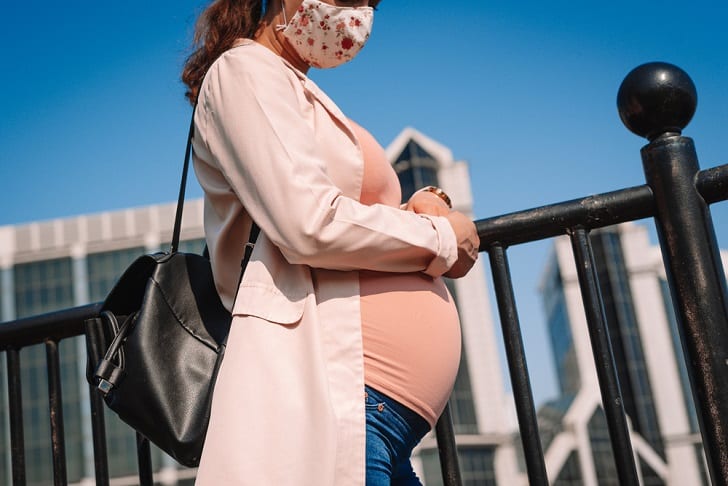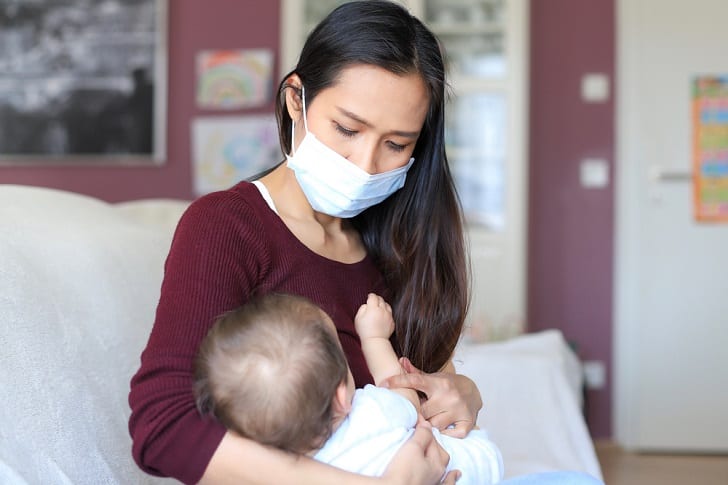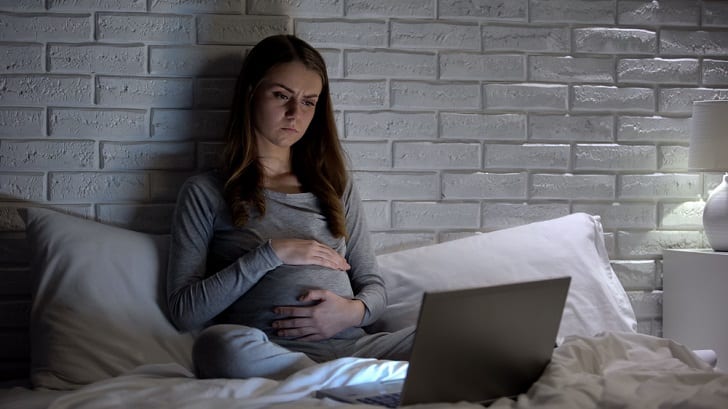The coronavirus has made us all so paranoid that we are scared to contract this highly contagious virus every time we leave our homes. The global threat has also engulfed us with fear, especially since the end is nowhere in sight, and this uncertainty has got us scared of what’s more to come.
However, can you imagine how it is all the more terrifying for pregnant women? Since experts have yet to see how Covid-19 directly affects expectant mom and their babies, most soon-to-be mothers couldn’t help but be anxious.
Catching the Virus
Although not all people who contracted the coronavirus need to be under intensive care, pregnant women have an increased chance of being admitted at a hospital and use mechanical ventilation, according to reports from the Centers for Disease Control and Prevention. However, it remains unclear if these reported hospitalizations are related to Covid-19.

In China, it was found that out of the 147 pregnant women who were tested positive or suspected of having the coronavirus, with 8 percent being severe and 1 percent critical cases.
Pass On to The Baby
There are some contradicting studies on whether or not the coronavirus can be passed on to the unborn child. When the outbreak began, a Lancet study on pregnant women in Wuhan found that unborn babies did not contract the virus from their moms, and it was also noted that there was no trace of Covid-19 in the cord blood, amniotic fluid, and the mother’s milk.

However, other research showed that babies still tested positive for the virus even though there were preventive measures in place. Two studies proved that the coronavirus could penetrate the placenta. Nonetheless, it seems that most newborns with infected moms don’t catch Covid-19 because of strict hospital protocols.
Infected Babies
Infants can be infected, no doubt, and in some cases, the situation can be critical. In a study of 2,000 kids who tested positive of the coronavirus, it was found that babies are the most at risk of developing severe or critical infections.
However, only 10 percent of the total number of infants were in severe condition, while it is only 7 percent of the 1-to-5-year-old pool. Around 90 percent of the participants were either asymptomatic, meaning they didn’t show signs that they had the virus, or showed mild symptoms like sore throat, fatigue, cough, shortness of breath, or fever.
Mental Health Problems

Pregnant women are not only vulnerable to contracting the dreaded coronavirus, they are also at risk of developing mental health problems due to the stress brought about by the pandemic. A report showed that expectant and new moms are currently experiencing high rates of symptoms of depression and anxiety.




